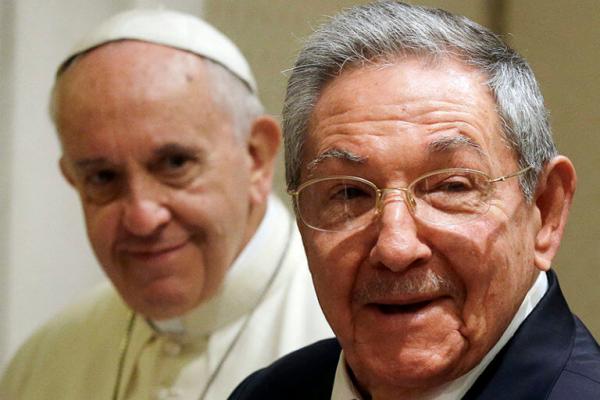Dec 5, 2016
Even in his death, announced on Nov. 25, Castro defied the church by requesting that his remains be cremated, a practice accepted but discouraged by the Vatican.
But his death could also embolden the church to take a more proactive role on the communist island, in the years to come, and bolster its budding relationship with his brother, President Raúl Castro, said Enrique Pumar, head of the Sociology Department at Catholic University of America, who has studied the Catholic Church in Cuba.
Read the Full Article

Already a subscriber? Login
